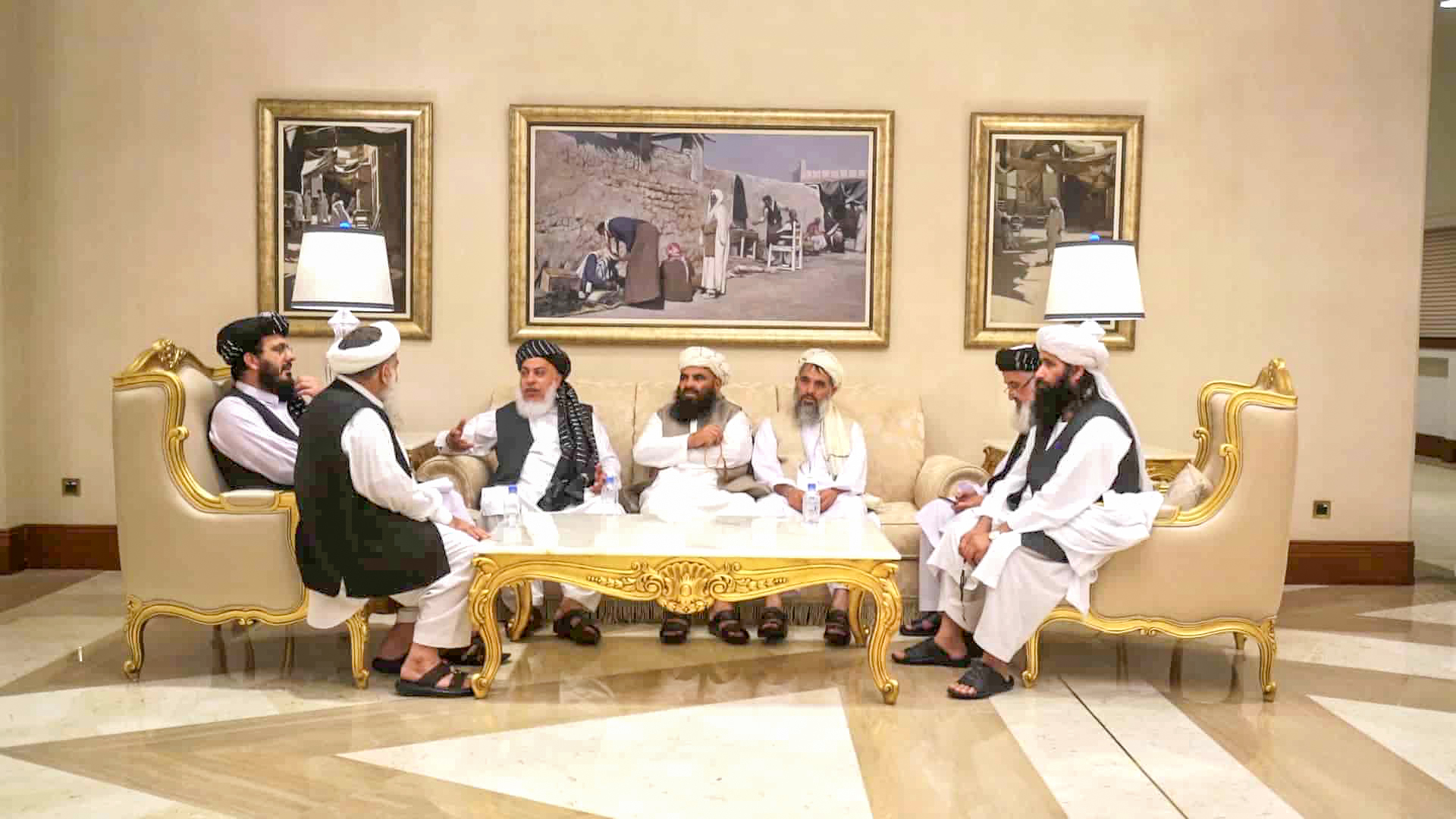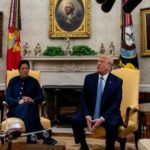Taliban’s spokesman Suhain Shaheen told Arab News in a phone conversation on Tuesday that Taliban representatives are holding talks with US negotiators in Qatar to create a “safe atmosphere” for the signing of a peace agreement.
“There had been no discussion on cease-fire since the beginning, but the US proposed reduction in violence and our stance is to provide a safe atmosphere during the days of the agreement,” Shaheed said as quoted by Arab News.

Shaheed, according to Arab News, said that a comprehensive and complete cease-fire would be declared after the peace agreement is signed with the US, ” We will also provide a safe passage to the US and other foreign forces following the deal,” he said.
The reconvened peace talks between the US and the Taliban are progressing, according to a Taliban spokesperson, while the Afghan government still insists on a ceasefire.
The Taliban’s political office in Doha has said that senior officials from the group met with US Special Representative for Afghanistan Reconciliation Zalmay Khalilzad on Monday, and that the talks will continue today as well.
“Last evening, Mullah Baradar Akhund, Sher Mohammad Abbas and Amir Khan Mutaqi met with Dr. Zalmay Khalilzad and Gen. Scott Miller in Doha and they had detailed discussions on next steps. Both teams are expected to have a joint meeting today,” tweeted Shaheen, tweeted.

Meanwhile, Gulbuddin Hekmatyar, the reconciled leader of Hizb-e-Islami has called on the Taliban to engage in intra-Afghan talks.
“Lets get together and find out a solution to the conflict through intra-Afghan talks,” said Hekmatyar.

The reduction in violence plan:
Sources familiar with the talks said on January 2 said that the Taliban’s leadership would commit to a reduction in violence once a peace deal was signed with the US.
Sources also said that the reduction in violence will include a halt in conducting suicide attacks—and other kinds of attacks– in major cities, and the Taliban will not block major highways.
But Afghan government leaders and some mainstream politicians have rejected the plan and insisted on a ceasefire instead.

Meanwhile, Mohammad Mohaqiq, the second deputy of Chief Executive Abdullah Abdullah has said that the ‘reduction of violence’ plan does not contribute anything beneficial to the peace process. However; he said that the government should not make obstructions in way of the peace process.
“Even if there is not a ceasefire, we shouldn’t halt the negotiations, this reduction of violence issue doesn’t heal anything,” said Mohaqiq.

On Thursday January 16, Salam Rahimi, the state minister for peace affairs, rejected the alleged Taliban position on the reduction of violence, calling it “unacceptable” for the Afghan government, and insisted that the insurgent group must agree to a ceasefire before engaging in intra-Afghan talks.
The former US envoy for Afghanistan and Pakistan, Ambassador Marc Grossman, has said that the Taliban’s decision to reduce violence for some days is potentially a positive move towards the Afghan peace process.

“The fact that the Taliban have decided to at least make public…at least willing to talk about some kind of reduction in violence— may be a ceasefire..seven to ten days, that’s potentially a positive thing,” Grossman said in an interview with VOA.
“Intentional or unintentional some works of the government sabotage the peace process; I don’t say that there is a bad intention behind it– sometimes, the intentions are good– but the result is not a positive result,” said Omar Zakhelwal, former Afghan ambassador to Pakistan.
On Thursday January 16, the Associated Press also reported that the Taliban gave the US envoy Zalmay Khalilzad a document that outlines their offer for a “temporary ceasefire” in Afghanistan that would last between “seven and 10 days.”













